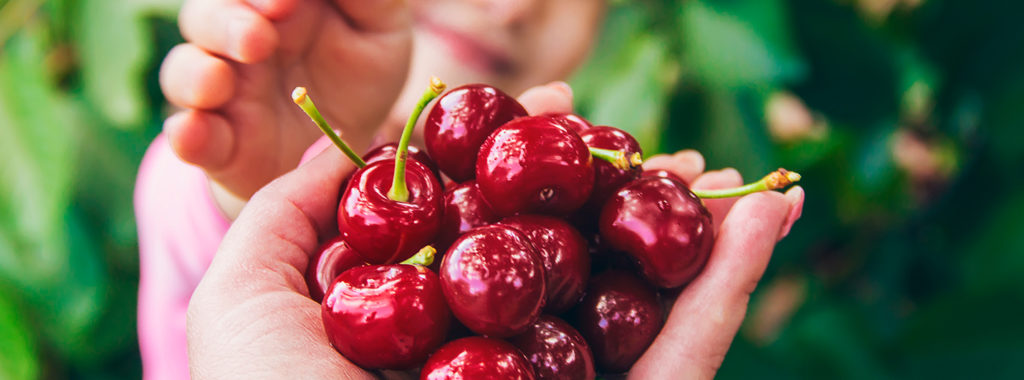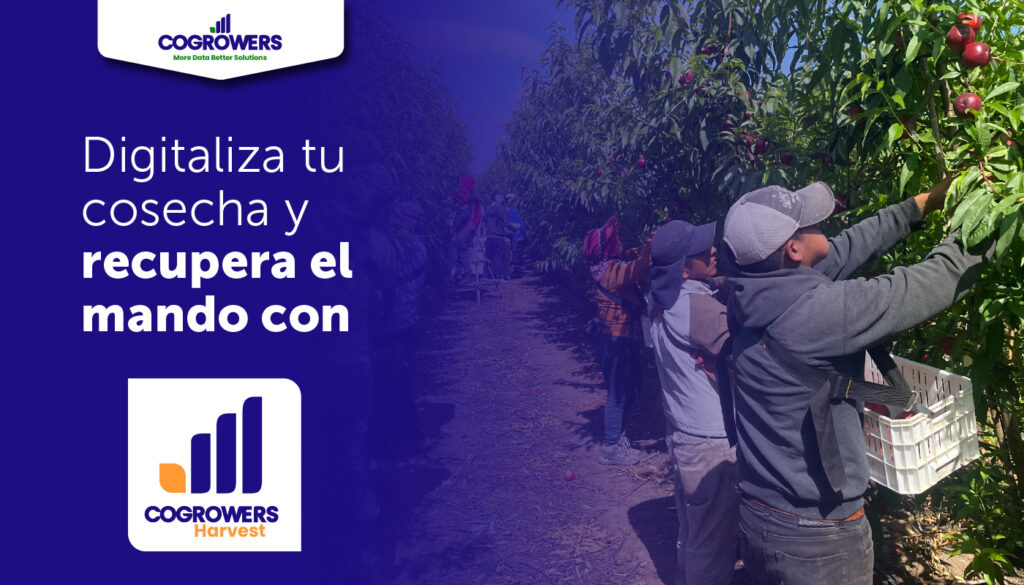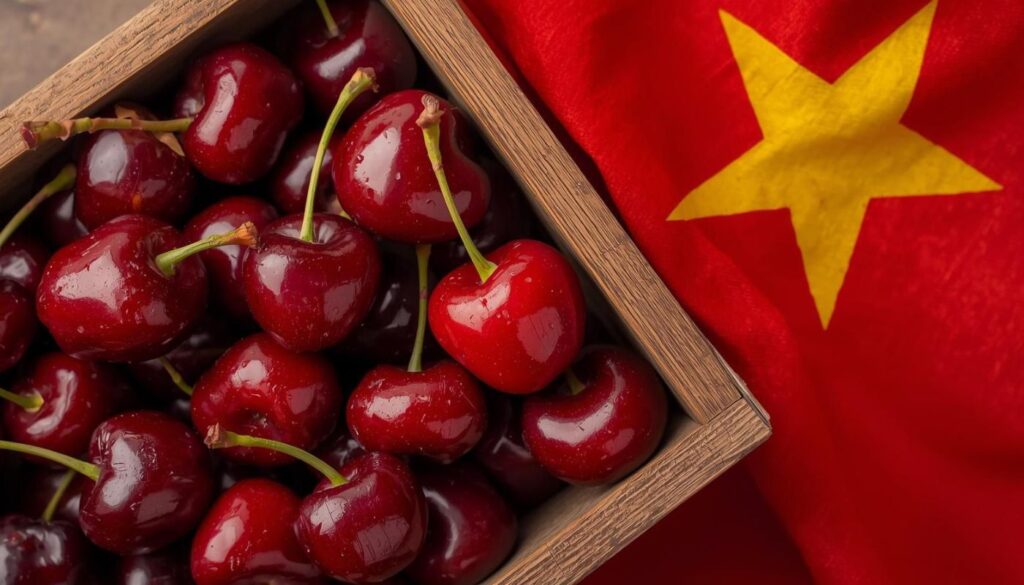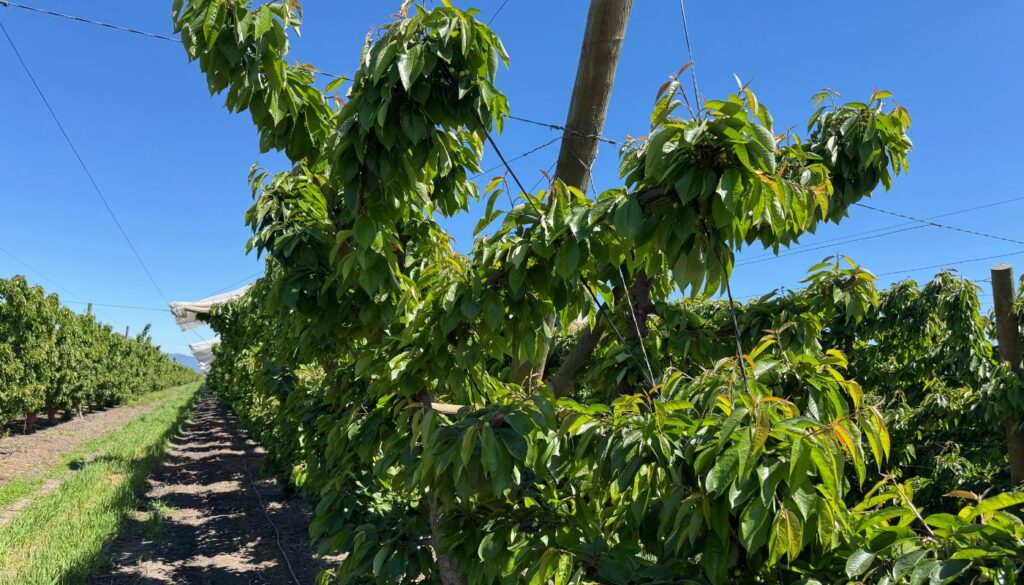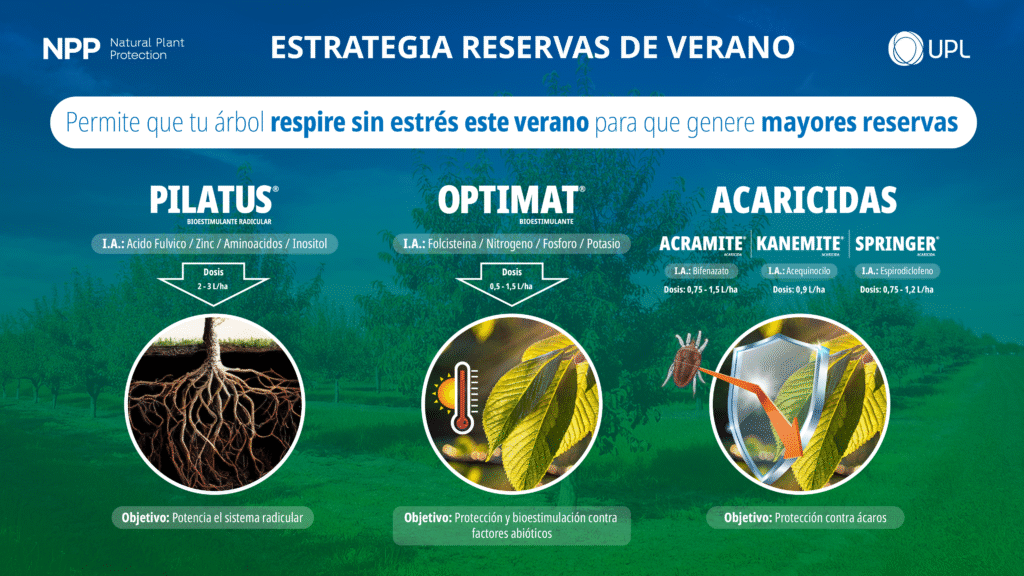By: Hector Garcia O., Co-Founder and General Manager of Diagnofruit Laboratories Ltda. [email protected]
Although working in agriculture is full of stress, as we are always running a race against time, there are two pleasures that the average person often cannot access in their daily work. The first is working outdoors, enjoying the bucolic surroundings and getting away from the noise of the city, it is a therapy that many envy having in their daily work. The second, and source of inspiration for this article, is the possibility of tasting (sometimes excessively) the productive benefits, for example, the fruits that we produce.
As we know, not all fruits are harvested when they are ripe for consumption. Considering this, a quick ranking of what we generally consume the most on the ground, I think that two species would be the leaders. The first is grapes, where new varieties give us a flavor that really activates receptors in our brains that make us want to eat without a horizon of satiety. The second species is, without a doubt, our current queen, the cherry, where a good mahogany-colored Bing generates satisfaction for our palates in an incomparable way.
In my early days as an agronomist, I worked checking fruit upon arrival in Europe, not only Chilean but also more tropical fruit, melons, watermelons, papayas, etc. The possibility of eating this range of species generated a rarely seen health in the team, despite working for hours at temperatures below 0, sleeping about 5 hours a day and subjected to high stress, contagious diseases, such as common colds, were almost nonexistent and if they appeared they went away as quickly as they arrived; all facts that made us think about the favorable effect of fruit intake and that although we were observing a short-term effect of a more “curative” nature, a continuous diet of fruit probably generates benefits on chronic diseases in preventive terms.
New Zealand has taught the world to eat kiwis, at the same time, whenever it can, it makes clear its nutritional benefits, based essentially on a high level of vitamin C, fiber and potassium, selling a rich and, at the same time, nutraceutical product, focusing consumption on the fitness world, the elderly and children; in Chile, the Kiwi Committee has repeated the experience.
Unlike kiwi, cherry is a fruit that few (I don't know) could say they don't like, but the logical question that comes after trying it is Does cherry have beneficial effects on our health? The short answer is definitely YES, and below we will give some clues about its characteristics, many of which have been detailed in an interesting review carried out by a nutrition study group from Portugal (Gonçalves et al., 2018).
The nutritional contribution of cherries has been widely studied, and among its most important general characteristics are a low caloric intake and a low glycemic response compared to other fruits such as bananas. The following table lists some of the main compounds present in sweet cherries (USDA source):
Beyond the nutritional contribution in terms of energy, minerals, vitamins and amino acids, which we know well, all fundamental elements for our survival, the cherry is a fruit loaded with a wide variety of phytochemical compounds that contribute to our health at different levels, such as phenolic compounds, where anthocyanidin-type flavonoids constitute 70% of the total phenols in the cherry. Now, why is this fact about Flavonoids important? Anthocyanins are the compounds that give attributes such as the red color to our fruits, but at the same time they are the flavonoids with the highest antioxidant activity due to their ability to eliminate reactive oxygen species (ROS) and among other characteristics they are capable of chelating metals. Other particularities of anthocyanins, which mark the benefits for our health, is their considerable antimicrobial, anti-inflammatory activity and neuroprotective effects.
Benefits of cherry consumption on diabetes, cancer and neurodegenerative diseases
Diabetes Mellitus (DM) has become one of the main health problems of the 21st century and is considered a global epidemic. It is projected that by 2030 more than 550 million people will be affected and today it is indicated that in Chile 12 out of every 100 people are diabetic. Very simply, DM is a metabolic disease and occurs when the pancreas does not produce enough of the insulin hormone, or when the body cannot use insulin properly. Insulin helps transport sugar from the blood into the cells where it is converted into energy. If this process is not carried out properly, glucose accumulates in the blood giving rise to diabetes (Chilean Society of Endocrinology and Diabetes).
Studies in rats with induced diabetes, fed with sweet cherry extracts (Prunus avium), demonstrated that the intake is capable of reducing blood glucose levels and protecting pancreatic β cells from oxidative damage, allowing a balanced production of insulin (Lachin T., 2014). In a pilot study, 19 diabetic women who consumed tart cherry juice (Prunus cerasus) daily for 6 weeks showed improved body weight, lower glucose levels, lower blood pressure, and reduced levels of glycated hemoglobin (HbA1c), a protein associated with blood glucose stability (Ataie-Jafari A. et al., 2008).
On the other hand, cancer is a disease that affects a large proportion of the population and we all have some story that connects us to this scourge. Good eating habits, such as eating vegetables, fruits, grains, living happily and limiting alcohol consumption can reduce cancer (5%), especially colorectal cancer (12%) and stomach cancer (16%). In this preventive process, cherries have special power, due to what we mentioned about their load of phenols, anthocyanins, vitamin C and β-carotene. Cherries can prevent the development of tumors, since the phenolic compounds present in them can stop or prevent mutagenesis, since they are powerful free radical scavengers (Pacific S., 2014).
Cases such as that of American actor Michael J. Fox show us the effects of Parkinson's disease on young people; a neurodegenerative disease like Alzheimer's, multiple sclerosis, among others, which although they have a hereditary component, with today's lifestyle and longer life expectancy have become more common. In very general terms, these diseases occur due to deterioration of nerve cells from the brain to the spinal cord, essentially due to oxidative stress, which is why the consumption of antioxidants plays an important role in neuroprotection.
Tests on rats with induced cognitive impairment, fed with sweet cherry extracts, showed neuroprotective action, increasing their memory, among other positive markers (Vinitha et al., 2014). A group of elderly people (>70 years) with moderate senile dementia, after 12 weeks of daily consumption of sweet cherry juice (200 mL/d) rich in anthocyanins, improved their short and long-term memory and verbal fluency (Kent et al., 2015).
To conclude, clearly the well-known and old phrase: “we are what we eat” is absolutely true (I recommend watching DW documentary), we should prefer healthy eating considering the pace of life we lead today and also situations such as the current pandemic. Under these precepts, the CHERRY is a fruit, in addition to being delicious, essential to complete a healthy life within the framework of a balanced diet, its contribution of flavonoids and antioxidant elements that protect us against the most common chronic diseases that impact our society, transform it into a potential superfood of which we know little, until now.


